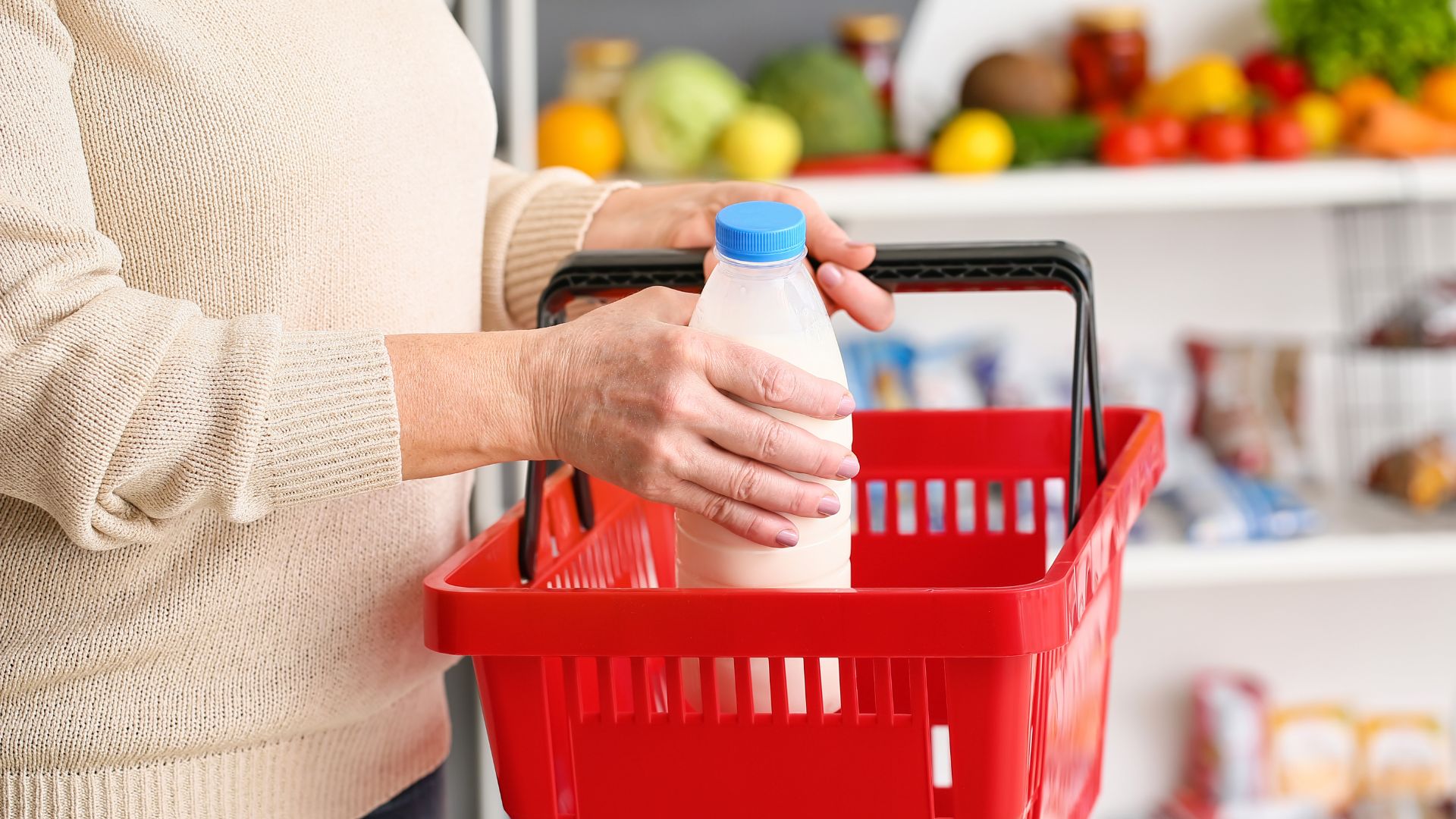According to the Daily Telegraph, major convenience store chains are selling pints of milk at a higher equivalent price per litre than petrol. A one-pint bottle of semi-skimmed milk today costs 95p at branches of the Co-op, up by 40p compared to a year ago. That is equivalent to £1.67 per litre, more than the £1.66 charged on average at forecourts for a litre of unleaded petrol.
Sainsbury’s is reportedly charging £1.05 for a pint of milk (or £1.85 per litre) at its Sainsbury’s Local convenience stores. Another food retailer, Morrisons, is charging more for milk than petrol at its chain of convenience stores, Morrisons Daily. Here a pint of milk costs 99p (£1.74 per litre), compared to 89p (£1.57 per litre) at the grocer’s larger shops.
Petrol has also jumped significantly in the past year; the latest unleaded petrol price is 30p a litre higher than last year, according to the figures from the RAC.
Wales Online reported that some supermarkets in Wales are selling single pints for £1.05, a fraction under £1.85 a litre. By contrast, unleaded petrol prices have fallen from £1.91 per litre to £1.49 in some areas.

Milk Production Costs are Increasing
Over the past year, milk prices have soared by two-thirds, pushing the average price per pint to 86p – the equivalent of £1.50 a litre. National Farming Union President Minette Batters said: “Costs are rising rapidly on farms across the country.”
The Grocer magazine commented: “Dairy is at the sharp end of food and drinks price increases, with milk leading the charge. The average price of semi-skimmed milk has seen a market change since July and at an average 86p has increased 65% year on year.”
Higher energy costs have hit dairy farmers across the board. The electricity needed to milk cows, process and refrigerate milk, and produce containers cost more. The fuel required to transport it in tankers costs more, and there have been increases in the cost of animal feed.
A spokesman for the Co-op said: “Our price is lower than other convenience stores and accounts for increased costs, such as more frequent deliveries and higher rents from running smaller shops in city centres.
“In addition, and unlike some retailers, our dairy farmers benefit from being paid a fair price premium for what they produce to take into account the cost of production.”
According to the Daily Mail, it won’t be the first time milk is dearer than petrol – but that was in the late 1980s when a glut of oil led to the price collapsing. At the time, many households had milk delivered to the doorstep, meaning prices were relatively higher than now as they included a delivery charge.
Petrol prices will remain higher than normal for as long as the war in Ukraine affects supplies. Still, the AA said: ‘There is hope that prices will continue to fall by as much as 15p per litre as rising interest rates and the threat of global recession creates a decline in demand which should, in turn, enable the oil supply to stabilise.’